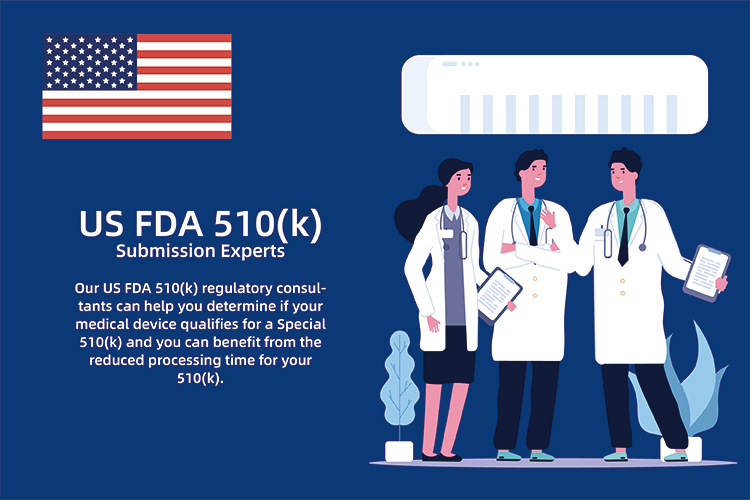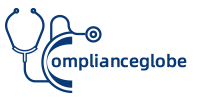Regulatory affairs

Navigating the complex landscape of FDA regulations requires expertise and strategic foresight. Our Regulatory Affairs services are designed to guide you through every step of the regulatory process, ensuring compliance and timely market access
- CE Technical Documentation ;
- CE Marking
- Clinical Evaluation Report (CER)
- FDA 510(k)s/ De Novo Submissions;

MDR
Starting from May 26, 2020, the new European Union Medical Device Regulation (MDR) (EU) 2017/745 came into effect, replacing the previous Medical Device Directives MDD 93/42/EEC and AIMDD 90/385/EEC. According to the requirements of MDR, if manufacturers have made significant modifications to their products, these modified products must comply with the regulations outlined in MDR. This means that manufacturers need to reassess the conformity of their products and ensure they meet the various requirements specified in MDR. These requirements include the updating of technical documentation, clinical evaluations, conformity assessments, as well as the verification and validation of product safety and performance through validation reports. Manufacturers must conduct thorough reviews and verifications of their products to ensure compliance with MDR and obtain authorization for the European Union market. The implementation of the new MDR aims to strengthen the regulation of medical devices, ensuring the safety of patients and users, and improving the quality and effectiveness of medical devices.
The new European Union Medical Device Regulation (MDR) imposes higher requirements on manufacturers and suppliers to ensure the quality and safety of medical devices. By adhering to these regulations, public trust in medical devices can be increased, and the health and safety of the public can be better protected.
510K
Based on the level of risk, the U.S. Food and Drug Administration (FDA) categorizes medical devices into three classes: Class I, Class II, and Class III. For non-exempted Class I devices, most Class II devices, and Class III devices, if they intend to be sold in the United States, they must undergo a process called “Premarket Notification” (PMN). According to Section 510 of Title 21 of the Code of Federal Regulations (21 CFR 807), manufacturers are required to submit a Premarket Notification (PMN) document to meet the relevant requirements. This process, commonly referred to as FDA 510(K), is specifically applicable to these types of products.
According to the requirements of the FDA 510(K) legislation, the submitter must compare their product to one or more legally marketed devices and present and support a statement of substantial equivalence. The purpose of this is to demonstrate that the device being sold is essentially the same as the legally marketed devices in terms of functionality, safety, and effectiveness. The submitter is required to provide detailed technical information, including the device’s design, construction, materials, performance test results, etc., to support the reliability of the substantial equivalence statement. These technical data will be evaluated by the FDA during the review process to ensure that the marketed device meets the safety and effectiveness standards set by the FDA.

The FDA 510(K) is an important procedure intended to ensure that the medical devices being sold possess comparable levels of safety and effectiveness as those already legally marketed. By comparing and supporting a declaration of substantial equivalence, the FDA can expedite the evaluation of new products and facilitate their timely market entry. This process provides manufacturers with an effective pathway to introduce new medical devices into the United States market while ensuring compliance with FDA regulatory requirements and standards.

De Novo
The De Novo Classification Request is a risk-based classification process. Products categorized as Class I and Class II through a De Novo Classification Request may be marketed and, when applicable, serve as a prerequisite for the submission of a future Pre-Market Notification (510k).
NMPA
If a medical device needs to enter the Chinese market, it must undergo technical evaluation and regulation by the Chinese National Medical Products Administration (NMPA). The product’s safety and effectiveness are systematically assessed before it can be approved for market entry. Complianceglobe provides registration and compliance services for your medical devices to enter the Chinese market. We guide companies through various stages, including technical requirements compilation, registration documentation preparation and review, declaration and tracking, as well as the application for relevant qualifications such as production and business licenses. Our aim is to facilitate a smooth market entry for your products, ensuring compliance with all regulatory requirements. Our services include:
- Consultation and implementation of product registration
- Consultation for production license application
- Appointment of a local representative and after-sales service
We offer comprehensive support throughout the registration process, assisting manufacturers in navigating the regulatory landscape and ensuring their medical devices meet all necessary requirements to successfully enter the Chinese market.


